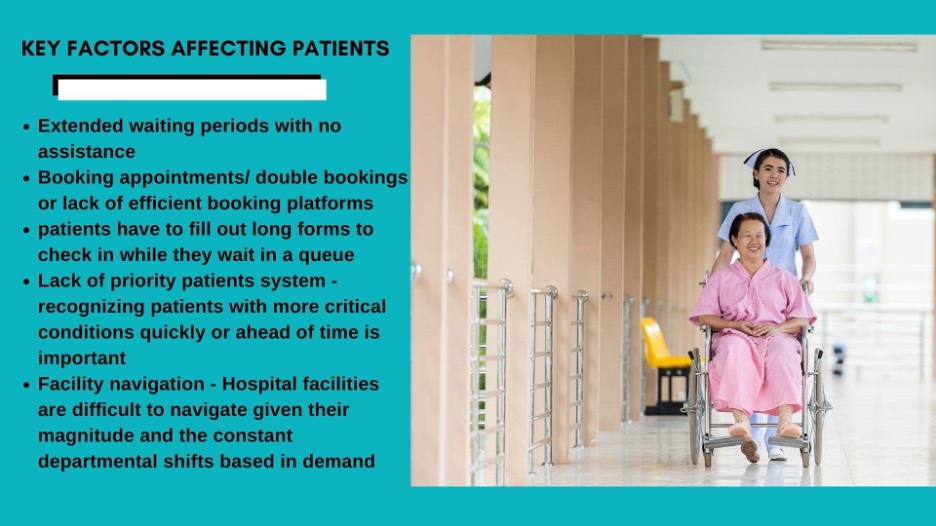


JOHANNESBURG - Disgruntled patients are expensive and lead to a domino effect, which culminates in their medical needs not being sufficiently addressed. The solution to this lies in artificial intelligence (AI) implementation, which will directly support and make hospitals more efficient, and improve patient experience and care, so, the primary focus is on the hospital.
In a world where data is omnipresent, customer satisfaction should not be a challenge, yet it is. Unfortunately for hospitals, a growing shortage of clinicians and resources, a surge in patients, and a greater need to have agile systems in place to prepare for threatening pandemics such as COVID-19 are all looming. If hospitals lack relevant technology to support their workflow or systems, the patient experience will be compromised.
Factors Affecting Patients
Up to 65 percent of a patient’s waiting time is unsatisfactory, and 34 percent of those said they would change their habits solely based on their experience, studies by McCarthy, McGee & O'Boyle and PWC reveal. To briefly understand the depth of the problem, refer to figure 1.0 illustrating the key factors affecting patients.

Figure 1.0: Key Factors Affecting Patients
At Boston Children’s Hospital, a voice-controlled, real-time application allows medical staff to query administrative and surgical information. The system learns administrative and clinical requests to anticipate patient needs, aiding the decision-
The content herein is subject to copyright by The Yuan. All rights reserved. The content of the services is owned or licensed to The Yuan. Such content from The Yuan may be shared and reprinted but must clearly identify The Yuan as its original source. Content from a third-party copyright holder identified in the copyright notice contained in such third party’s content appearing in The Yuan must likewise be clearly labeled as such. Continue with Linkedin
Continue with Linkedin
 Continue with Google
Continue with Google










 1894 views
1894 views







